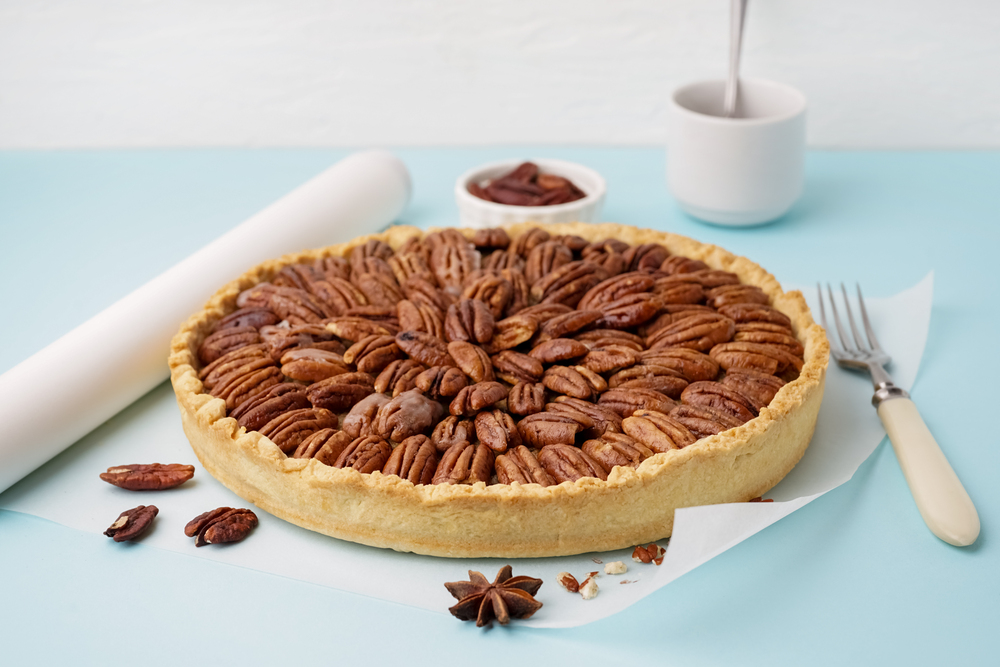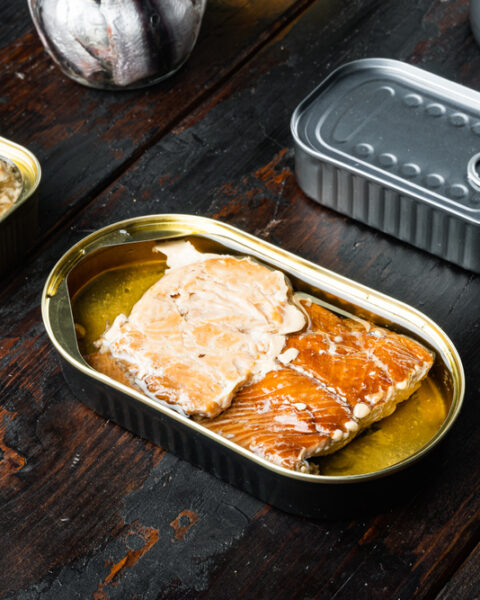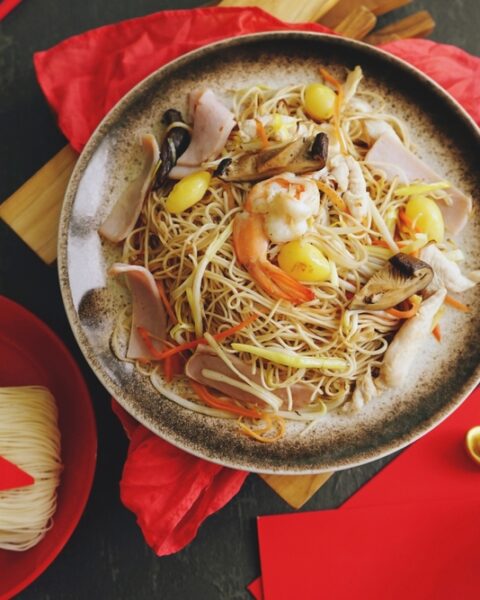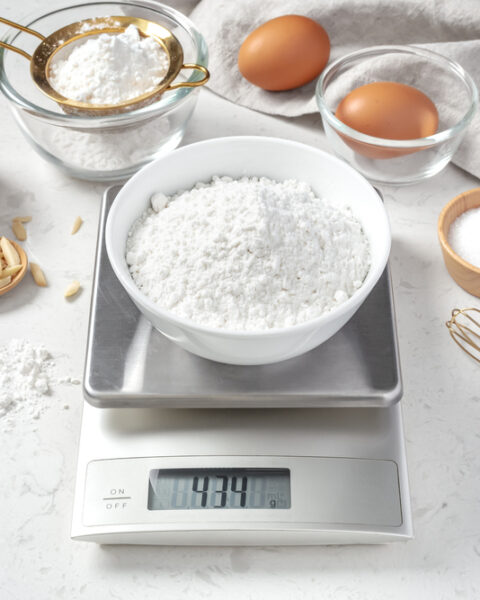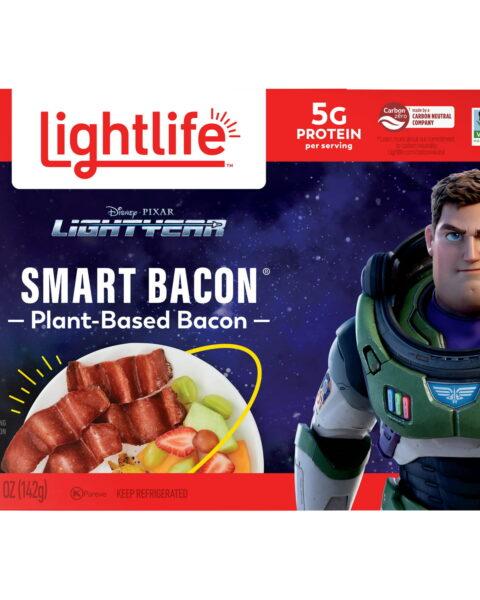Maintaining healthy kidneys is crucial for overall well-being. The foods we eat play a significant role in kidney health. By avoiding certain foods, we can help our kidneys function more effectively. Here are 15 foods you should steer clear of to improve your kidney function.
Contents
- 1 Processed Meats
- 2 Canned Foods
- 3 Dark-Colored Sodas
- 4 Avocados
- 5 Whole Wheat Bread
- 6 Bananas
- 7 Dairy Products
- 8 Oranges and Orange Juice
- 9 Potatoes and Sweet Potatoes
- 10 Tomatoes
- 11 Spinach
- 12 Dried Fruits
- 13 Beans and Lentils
- 14 Pickles and Olives
- 15 Chocolate
- 16 More From RetailShout
- 17 19 Iconic Vietnamese Dishes Everyone Should Experience
- 18 15 Classic Dessert Recipes Every Baker Should Know
Processed Meats
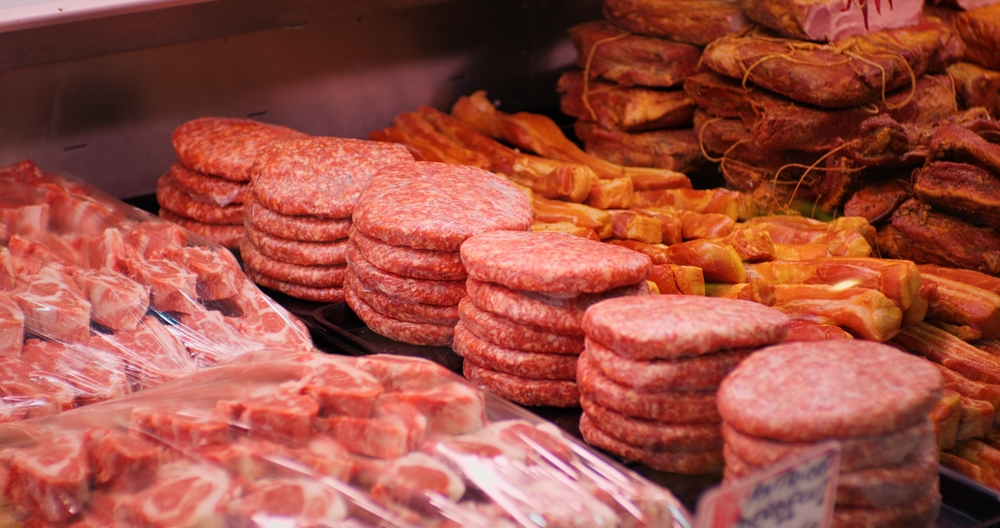
Processed meats like bacon, sausages, and deli meats are high in sodium and preservatives. These additives can cause an overload of sodium in the body, leading to high blood pressure and kidney strain. Additionally, they often contain unhealthy fats that can increase the risk of heart disease, which is linked to kidney problems. Reducing processed meat intake can help maintain better kidney health.
Canned Foods
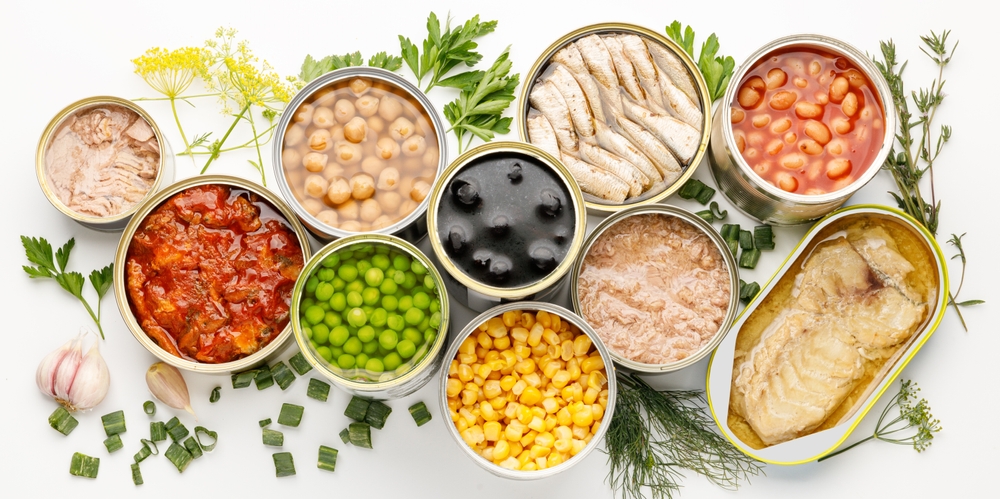
Canned foods, such as soups and vegetables, are often loaded with sodium to enhance flavor and preserve shelf life. High sodium levels can cause fluid retention and increase blood pressure, putting extra pressure on the kidneys. Opting for fresh or low-sodium alternatives can significantly reduce the risk of kidney damage. Always check labels and choose products with lower sodium content.
Dark-Colored Sodas
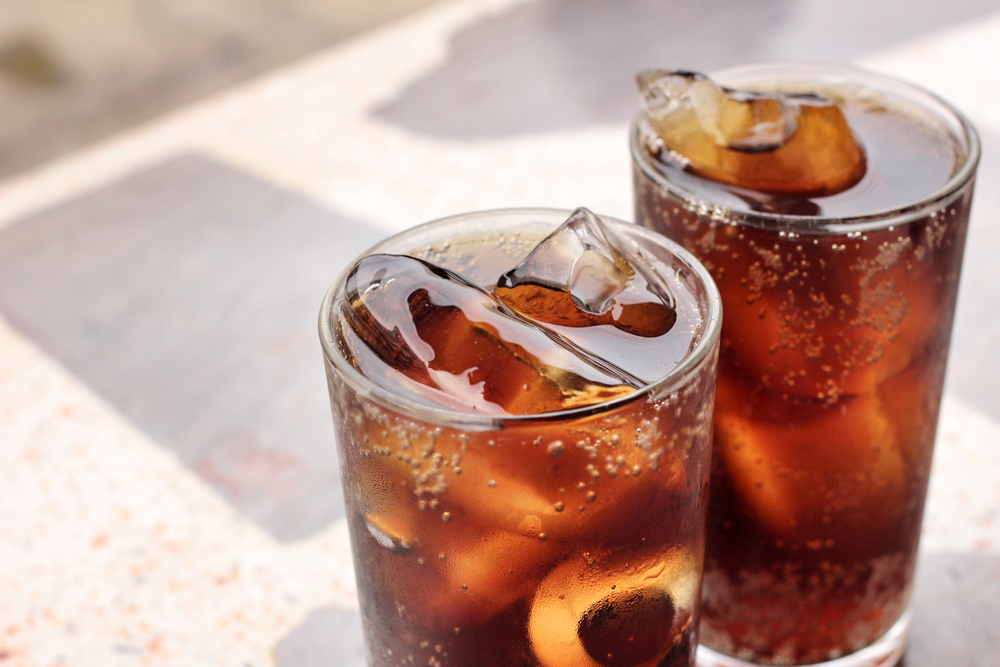
Dark-colored sodas contain high amounts of phosphorus additives, which are harmful to kidney function. Excess phosphorus can cause damage to the kidneys and bones over time. Moreover, these beverages are loaded with sugar, which can lead to diabetes—a major risk factor for kidney disease. Switching to water or natural fruit juices can help protect your kidneys.
Avocados
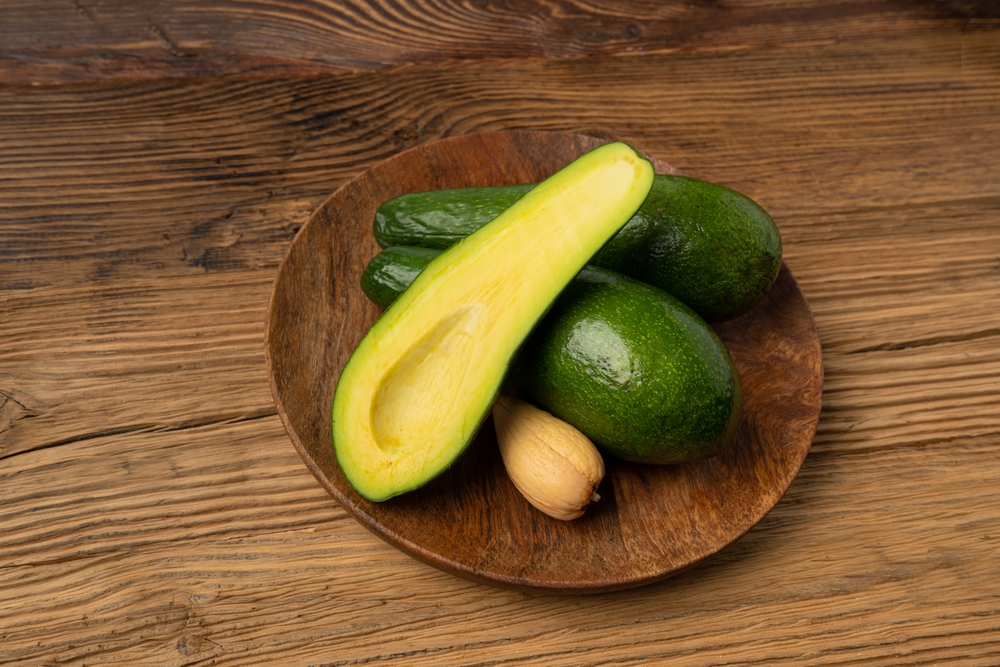
While avocados are healthy for most people, they are high in potassium, which can be detrimental for those with kidney problems. High potassium levels can cause irregular heartbeats and place additional stress on the kidneys. If you have kidney issues, it’s best to limit your intake of potassium-rich foods like avocados. Opt for lower-potassium fruits and vegetables instead.
Whole Wheat Bread
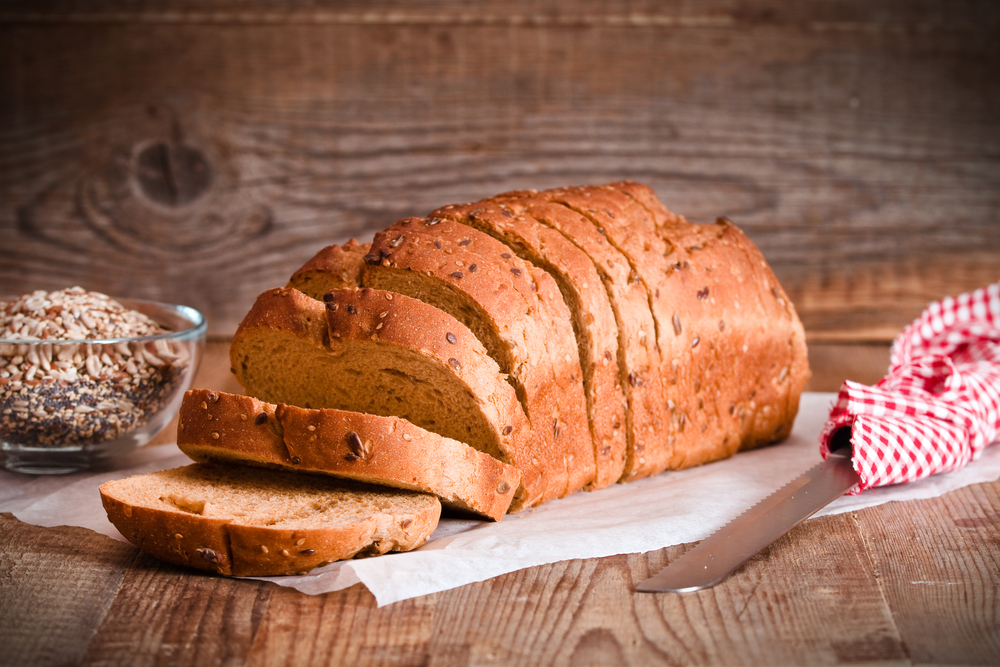
Whole wheat bread may seem like a healthy choice, but it is high in phosphorus and potassium. These minerals can build up in the blood if the kidneys are not functioning properly, leading to various health issues. People with kidney disease should choose white bread, which has lower levels of these minerals. Always consult with a dietitian for the best dietary choices.
Bananas
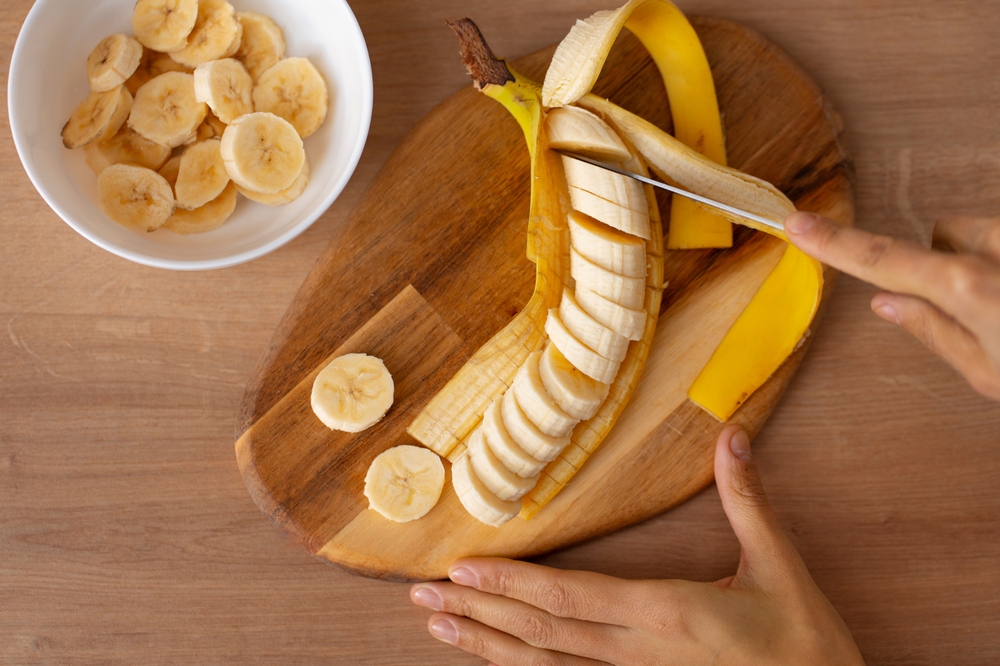
Bananas are another high-potassium food that can be harmful to those with kidney disease. Consuming too much potassium can lead to severe health complications, including heart problems. Individuals with kidney issues need to monitor their potassium intake carefully. Consider eating lower-potassium fruits like apples or berries.
Dairy Products
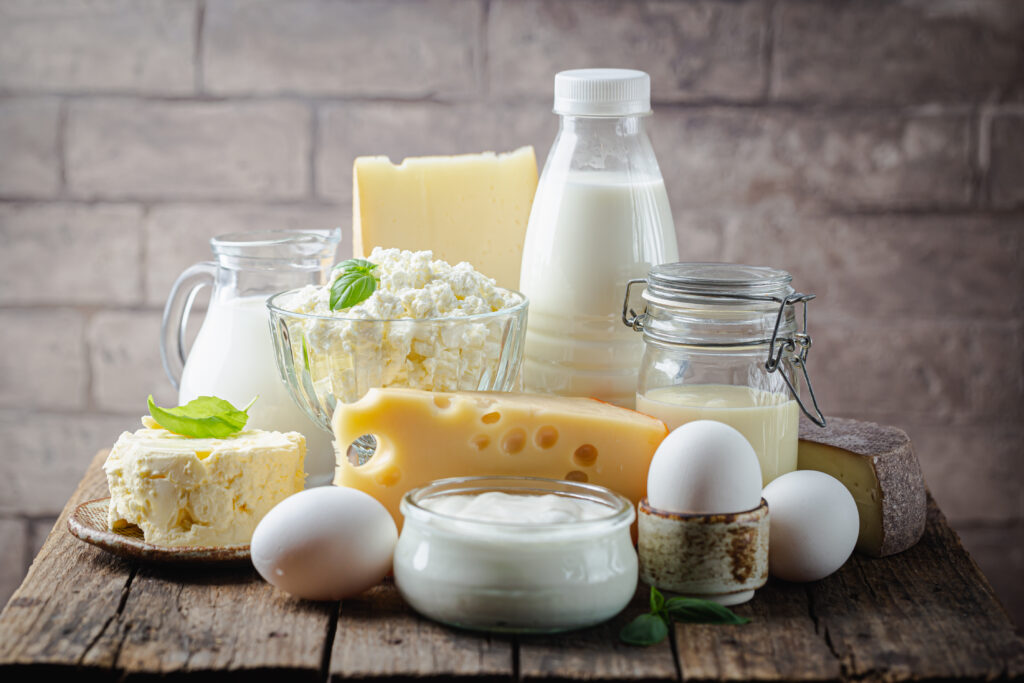
Dairy products, including milk, cheese, and yogurt, are rich in calcium and phosphorus. For those with impaired kidney function, consuming too much phosphorus can lead to bone and heart problems. Limiting dairy intake can help manage phosphorus levels in the body. Look for dairy alternatives with lower phosphorus content, such as almond milk.
Oranges and Orange Juice
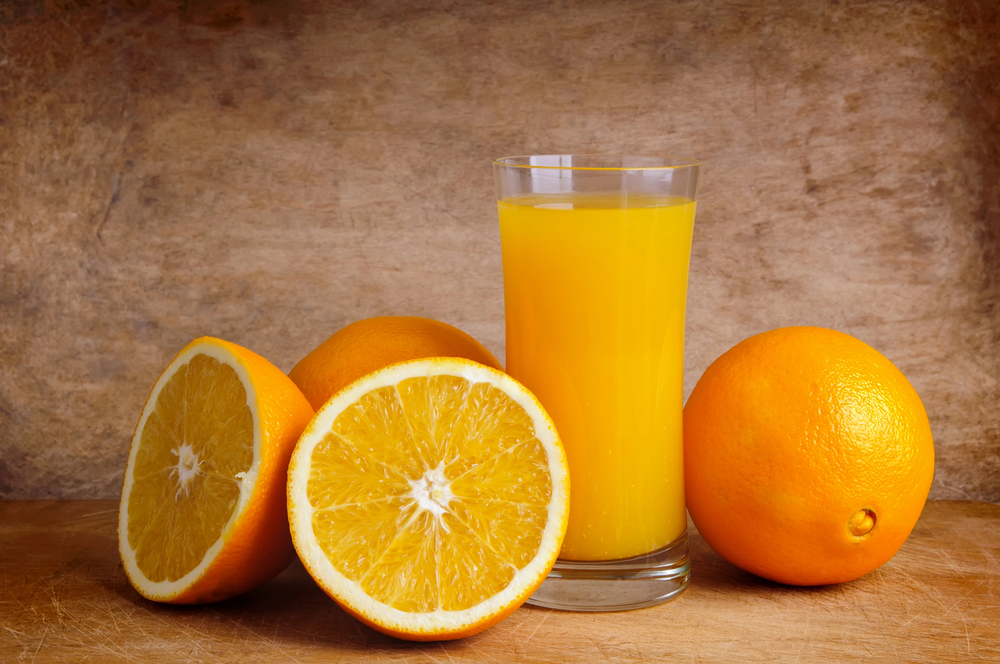
Oranges and orange juice are well-known for their high vitamin C content, but they are also high in potassium. For individuals with kidney disease, high potassium levels can be dangerous. Avoiding oranges and opting for lower-potassium fruits can help maintain balanced potassium levels. Consider fruits like grapes, apples, and cranberries as alternatives.
Potatoes and Sweet Potatoes
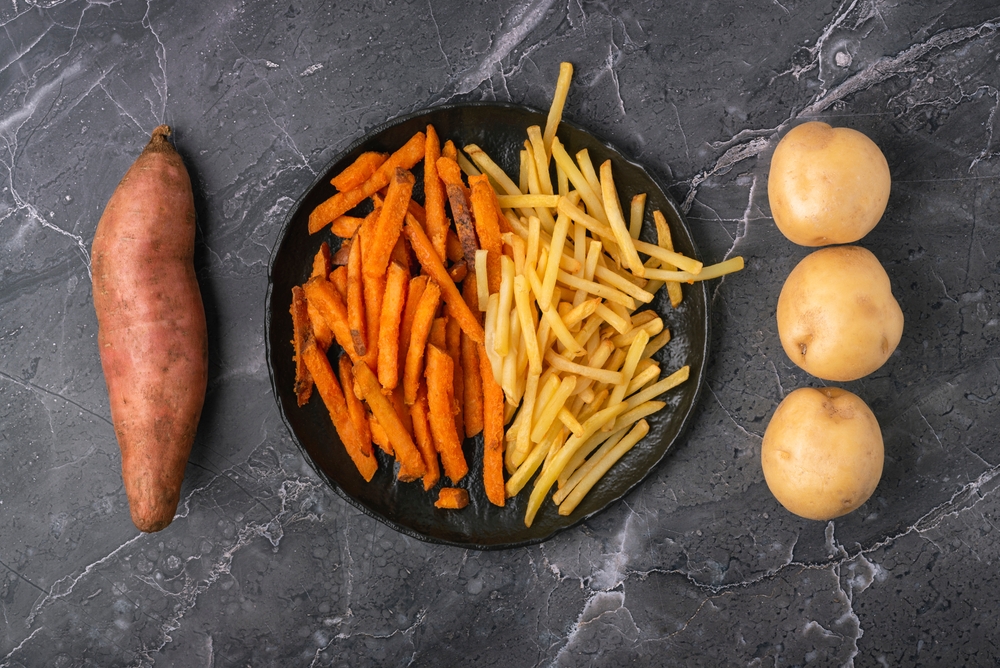
Both potatoes and sweet potatoes are high in potassium. For those with kidney issues, reducing potassium intake is crucial to avoid complications. If you love potatoes, try soaking them in water before cooking to reduce their potassium content. However, it’s best to limit their consumption and choose lower-potassium vegetables.
Tomatoes
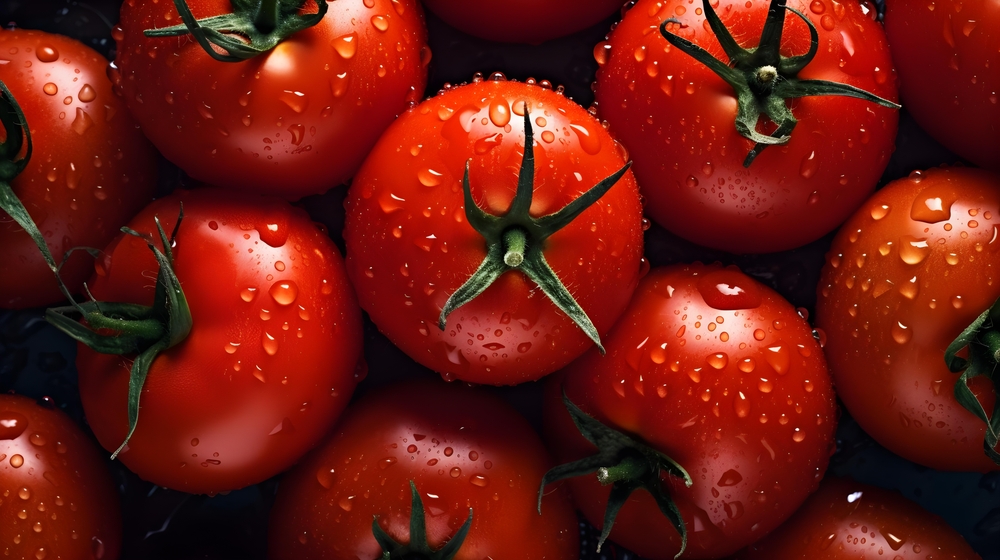
Tomatoes and tomato-based products, like sauces and soups, are high in potassium. Excess potassium can be harmful to those with kidney problems, making it important to monitor their intake. Opt for low-potassium alternatives, such as cucumbers or bell peppers, to reduce the risk of kidney complications. Always check labels for hidden potassium content in processed foods.
Spinach
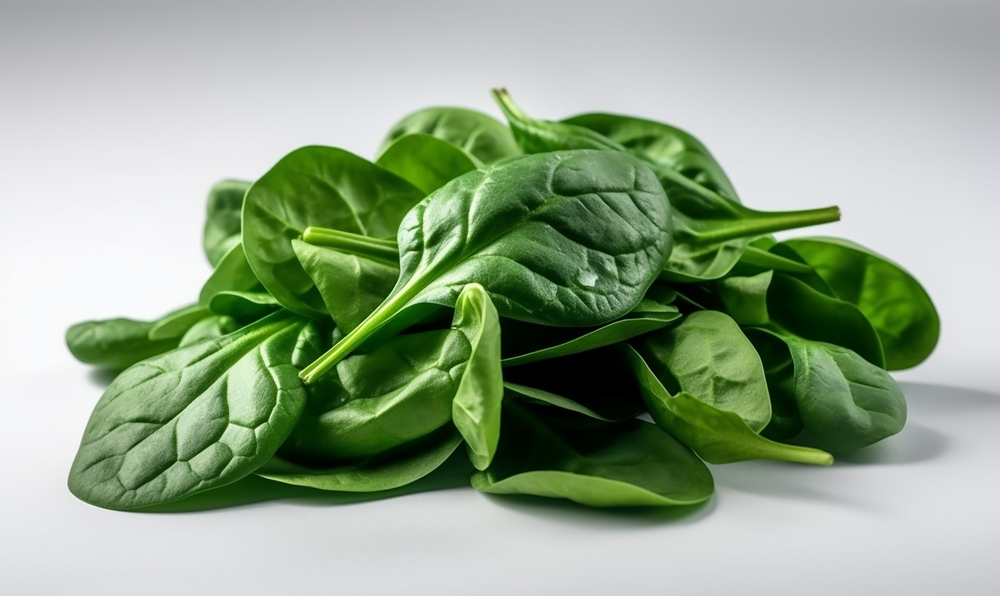
Spinach is a nutrient-rich vegetable, but it’s also high in potassium and oxalates. High levels of oxalates can lead to kidney stones, which are painful and harmful to kidney function. If you’re prone to kidney stones or have kidney disease, it’s best to limit spinach and choose other leafy greens like lettuce or kale. A balanced diet with variety can help protect your kidneys.
Dried Fruits
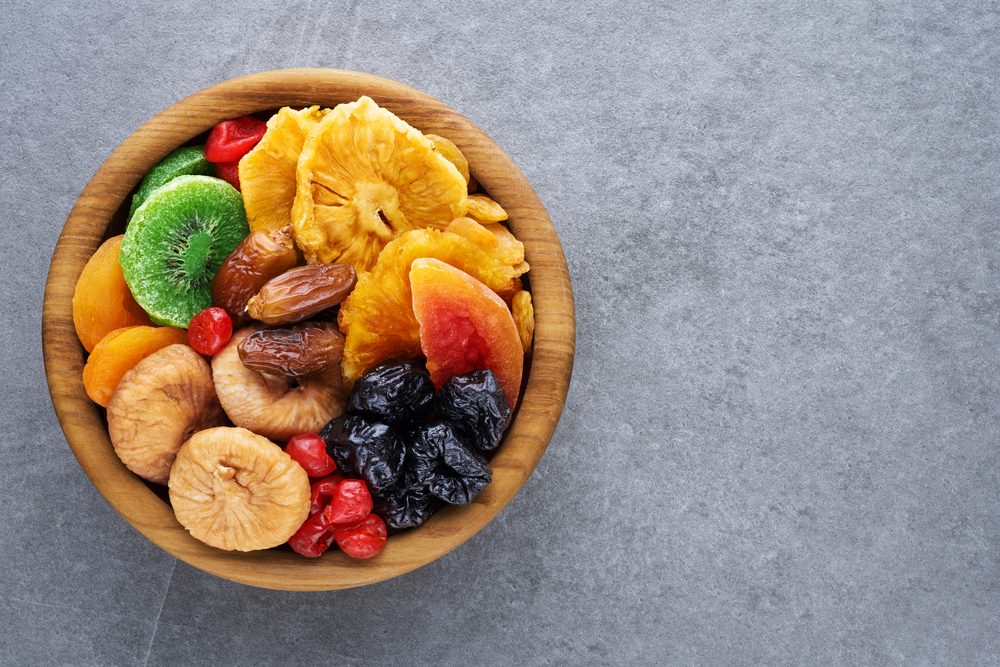
Dried fruits like raisins, apricots, and prunes are concentrated sources of potassium and sugar. This concentration can be harmful to those with kidney problems, as high potassium levels can be dangerous. It’s better to consume fresh fruits with lower potassium content to maintain kidney health. Always read labels to check for added sugars and preservatives in dried fruits.
Beans and Lentils
Beans and lentils are excellent sources of protein and fiber but are also high in potassium and phosphorus. These minerals can build up in the blood if kidneys are not working properly, leading to complications. People with kidney issues should limit their intake of beans and lentils. Opt for lower-potassium and phosphorus protein sources, such as lean meats or eggs.
Pickles and Olives
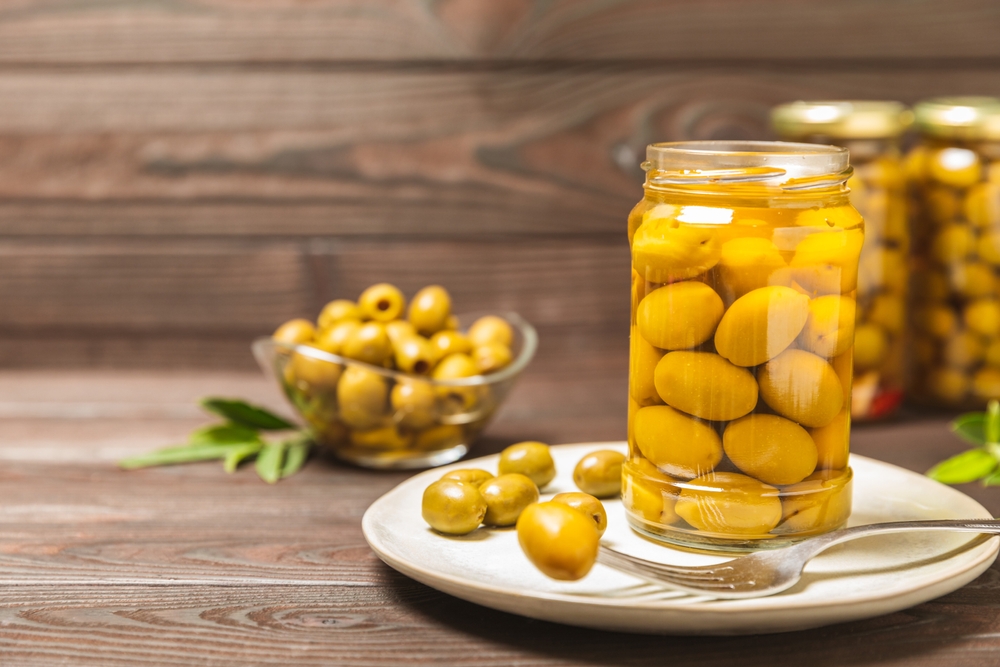
Pickles and olives are typically high in sodium due to the brining process. Excess sodium can cause fluid retention and increase blood pressure, putting stress on the kidneys. Reducing the intake of these foods can help maintain healthy blood pressure and kidney function. Look for low-sodium versions or make your own with less salt.
Chocolate
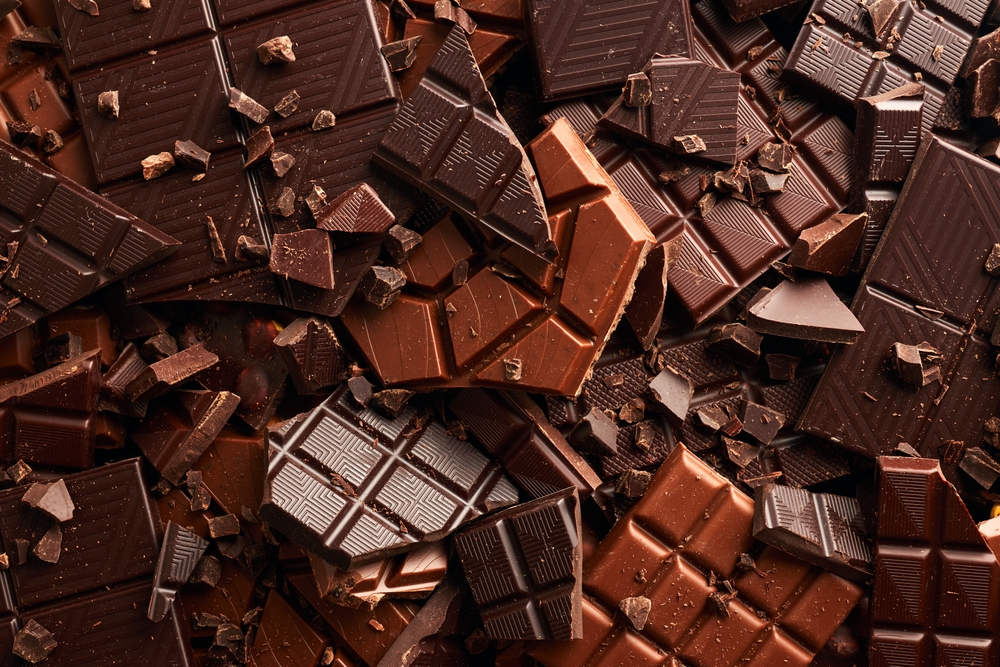
Chocolate, especially dark chocolate, is high in potassium and phosphorus. While it may be a delightful treat, it can be harmful to those with kidney issues. Moderation is key, and it’s important to find lower potassium and phosphorus alternatives for sweets. Consider fruits or small portions of white chocolate as safer options.
This article originally appeared on RetailShout.
More From RetailShout
29 Irresistible Gluten-Free Appetizers for Any Occasion

When planning a party, it’s always a good idea to have a variety of appetizers that everyone can enjoy, especially those who need to avoid gluten. Luckily, there are tons of delicious, gluten-free options that will satisfy all your guests. Read More.
19 Iconic Vietnamese Dishes Everyone Should Experience
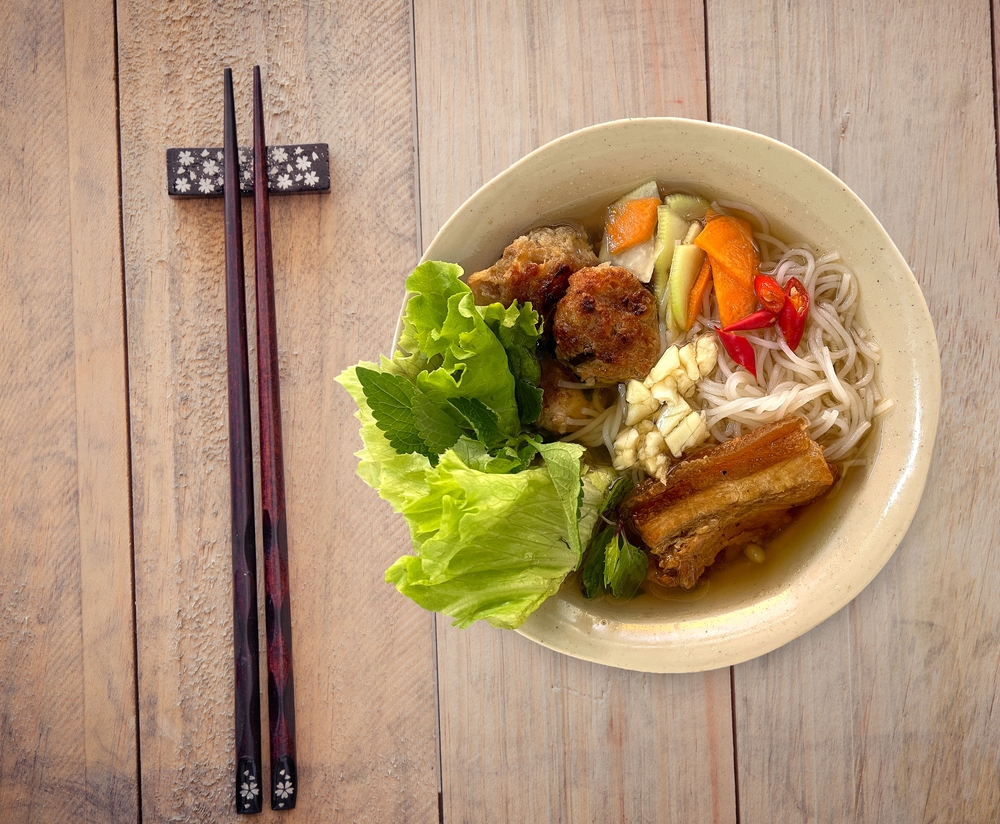
Discovering Vietnamese cuisine is like going on an adventure through a world of flavors and textures. Each dish tells a story and brings together the perfect mix of ingredients that create a unique taste. Read More.

